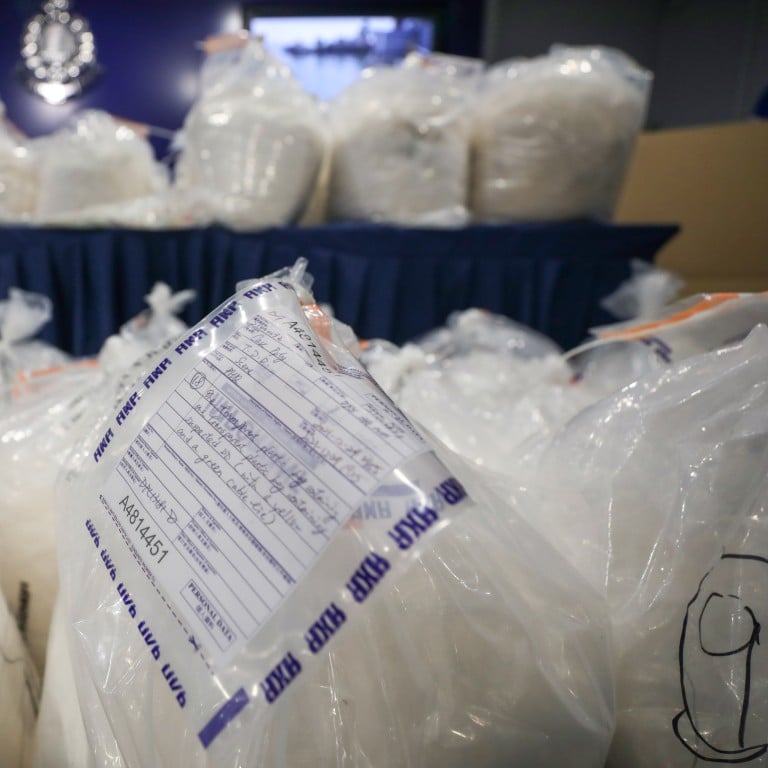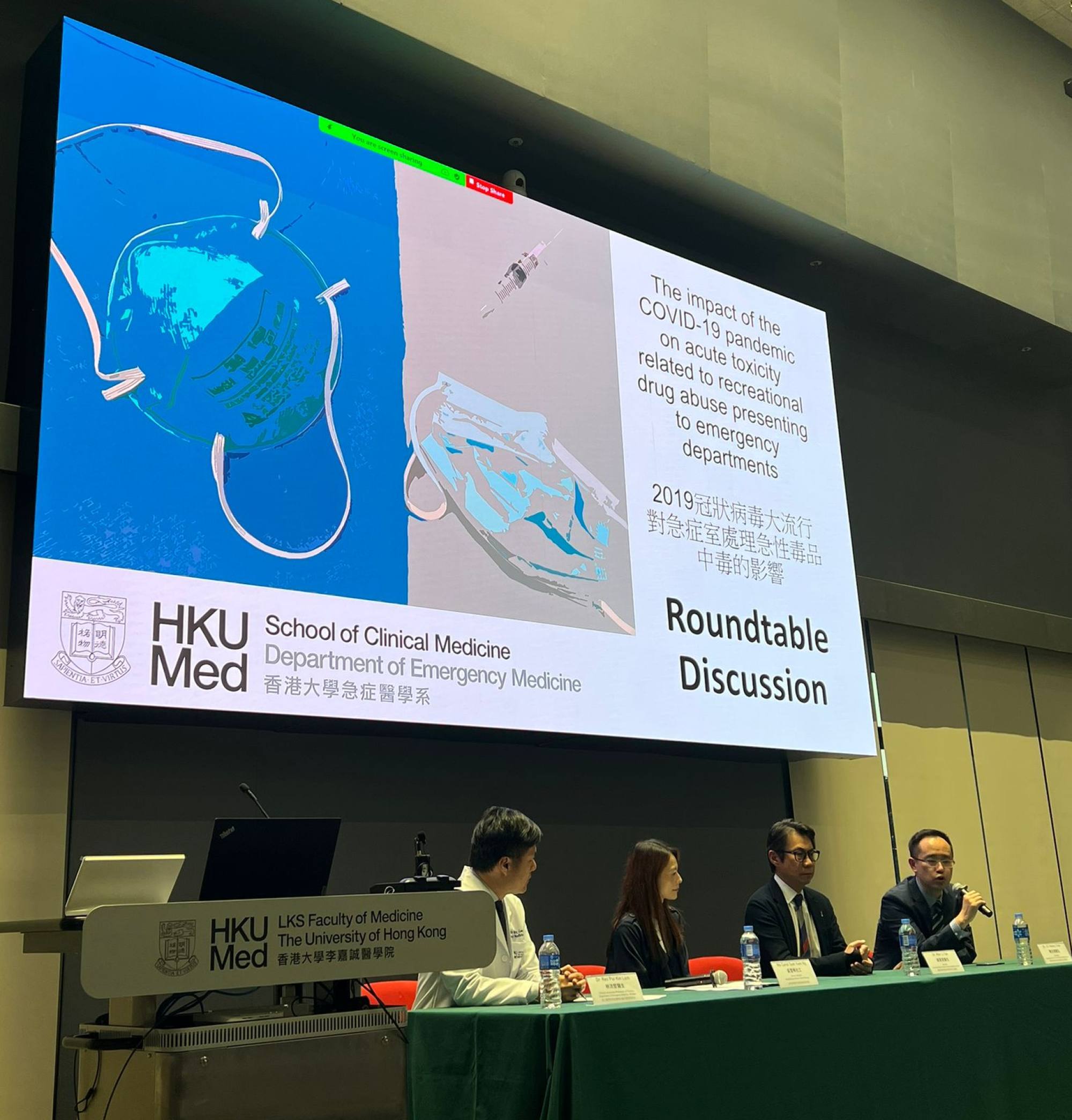
Hong Kong researchers find ketamine use rose during Covid-19 restrictions, despite drop in consumption of other drugs
- HKU research shows closure of venues such as party rooms and games centres did not help cut drug abuse
- Study suggests findings reflected in numbers treated in emergency departments for drug overdoses
Researchers from the University of Hong Kong’s (HKU) department of emergency medicine also warned that the use of hallucinogenic ketamine rose, despite a drop in the use of other drugs during coronavirus restrictions.
The research team suggested the findings were reflected in the number of illegal drug users seeking help at accident and emergency units for acute toxicity, which did not see an immediate decline after the pandemic hit the city in 2020.
“The drug market has been very resilient against public health policies,” Rex Lam Pui-kin, a clinical associate professor of practice in the department said.
“Even though the pandemic had caused impacts, the market still had its ways of providing drugs to users.”

Lam’s study showed that emergency ward case records for cases involving ketamine, methamphetamine – known as Ice – and cannabis had seen an initial increase in 2020, but those for cocaine had remained constant throughout the pandemic.
Cases involving heroin showed a decline consistent with pre-pandemic trends.
Although the number of hospitalisation cases from methamphetamine and cannabis began to drop in 2021, cases that involved ketamine maintained their increase.
The study recorded 96 cases of acute toxicity episodes from ketamine during the pandemic, as opposed to 83 cases before Covid times, dating back to January 2017.
“Unlike other drugs which first saw a rise and then a decline, [ketamine cases] first saw a rise and then the trend followed, almost in a horizontal line,” Lam explained.
“This means the trend of more usage was continued during the pandemic.”
Carol Ng Suet-kam, service director of the Hong Kong Lutheran Social Service, said at a forum to discuss the study’s findings that social distancing measures had not affected illegal drug users’ lifestyles much because they could still obtain and use drugs in private.
Hong Kong customs calls for global operation to fight post-Covid drug trafficking
But Ng admitted that they could not conclude statistically how the widespread closure of social venues and workplaces and the economic burden of the need to buy coronavirus-related supplies had affected illegal drug users.
“It was probably boring to stay at home for a long time with nothing but four walls, while some of them also had conflicts with family members from staying at home,” she said.
“We wondered whether they would take more drugs because of negative emotions and boredom.”
“But we have also observed that some of our clients took less drugs. It was precisely because they had no work and no income, as well as the high prices of health supplies such as masks,” the social worker said.
“The need to purchase anti-epidemic supplies amid a tight financial environment meant that they could not afford drugs.”
Lam added the surge in acute toxicity cases might have been caused by addicts having more drugs stockpiled at home during the early days of the pandemic.
But he said the financial pressures caused by the city’s lockdowns had drained people’s ability to pay for drugs, which translated into a fall in severe drug overdoses.
Hong Kong customs seizes drugs worth HK$4.4 billion in first 11 months of year
Chan Chi-keung, a consultant at the Hospital Authority’s Hong Kong Poison Control Centre, added that a drop in emergency drug abuse cases could also have stemmed from users’ fear of contracting Covid-19 in hospitals.
“[Drug users] were relatively reclusive during the pandemic,” Chan said. “They would seek help less often, be it from social workers or healthcare professionals.”
“Usually, they would come to the emergency ward at the last minute when they had no other choice but to seek help,” Chan explained.
The HKU team also found no correlation between the number of cases at emergency departments and the amount and market value of drug busts made by the Customs and Excise Department.
“Our understanding is that for the drugs seized during the pandemic, it’s possible that these drugs were not intended for the local market,” Lam said.
“It could be that, due to the pandemic, Hong Kong was merely a transfer hub [for these drugs].”
The Hong Kong Customs Department seized 6.9 tonnes (7.6 tons) of drugs worth HK$3.5 billion in 2022, up from four tonnes in 2021.

